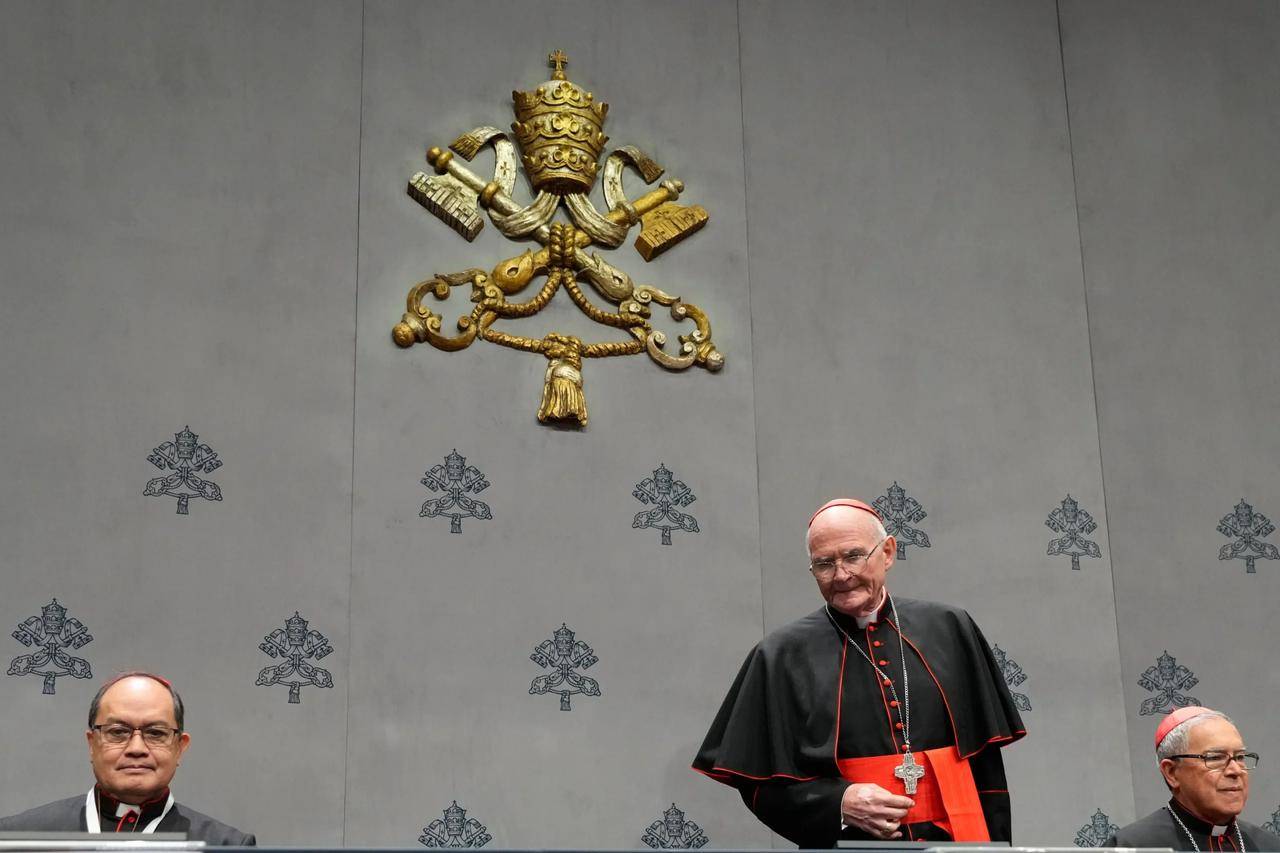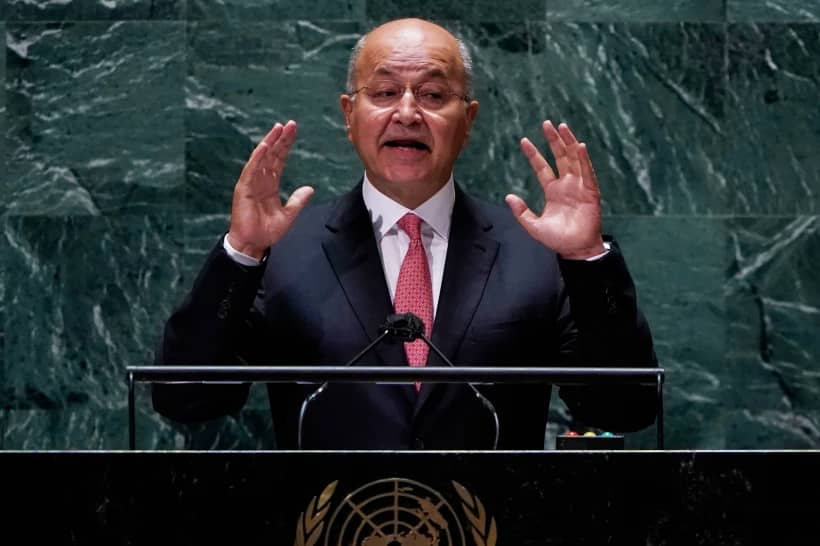ROME — While tensions have increased between the Catholic Church in Spain and the left-wing government led by Prime Minister Pedro Sanchez, studies also have shown a growing rift between the Catholic Church and Spaniards in general.
According to the Spanish newspaper El Pais, a study released in 2019 by the Ferrer i Guàrdia Foundation found that 27 percent of Spaniards declared themselves either atheists, agnostics or nonbelievers, even though Vatican statistics say 93 percent of Spain’s population has been baptized Catholic.
Furthermore, the foundation said that while 69.5 percent of Spaniards described themselves as believers, only 26.6 percent of those believers said they are active in the church. With 48.9 percent of young people stating they have turned their back on religion, the Catholic Church’s future in a country that essentially evangelized the New World also comes into doubt.
Cardinal Carlos Osoro Sierra of Madrid, vice president of the Spanish bishops’ conference, told Catholic News Service March 24 that “in Spain, as in much of the Western world, many have distanced themselves from the church.”
Still, the cardinal said, the church “cannot create ‘stove’ communities, in which those of us who are like-minded and comfortably warm shut ourselves in.”
This form of “individualism,” he said, may be one reason why many Spaniards have left the Catholic Church.
Another reason, he said, may be “linked to the fact that we have not always known how to respond to a changing world, and we have remained in the (mentality) of ‘it has always been done this way.'”
Nevertheless, the cardinal said, the Catholic Church in Spain “should not waste too much time in complaining, but rather we must throw ourselves into a new encounter with everyone: to approach them with our witness of faith and life, with creativity and audacity, so that they may know the Good News.”
Alfredo de la Paz, a Madrid native who served as a Neocatechumenal Way lay missionary in the United States and Peru for nearly 20 years, told CNS March 16 that the decline in religious belief is a call for the Catholic Church to return to basics: focusing on Christ’s message of love toward all rather than a “juridical rigorism” that leads to division.
And, he said, the church in Spain needs to focus its efforts on adult formation.
“There is formation to prepare for first Communion, confirmation, etc. but there isn’t a formation for the problems one faces in adulthood,” he said. “Without a doubt, because of baptism, there is a seed of faith that is always there, but it has not been sufficiently developed.”
After years as a nonpracticing Catholic, de la Paz said he returned to the church after a chance encounter with a priest who, after hearing him recount his life away from the church, “told me that God loved me exactly as I am.”
“To hear that I am loved exactly as I am — without having to fulfill any (requirements) or flog myself — for me that was like an oxygen bomb” and made him want to return to the church, he said.
De la Paz, who is currently writing a book on how the Catholic Church can reach out to people today, said that certain doctrinal approaches, which in the past were appropriate and perhaps needed, can be wrongly interpreted in the present and drive people away rather than calling them back.
One such teaching, he said, was the expression “extra ecclesiam nulla salus” (“outside the church there is no salvation”), which was coined by the third-century bishop St. Cyprian of Carthage.
“That saying profoundly marked the life of the church,” de la Paz said. In the third century, “under those circumstances, in that context, it was understood.”
“But if we turn that expression into a form of ‘juridical rigorism’ in which one can say either you are in the church or you are condemned, then we take thousands of people and condemn them to hell, so to speak. We deprive them of God’s vision for the rest of their lives,” he said.
The message of God’s love that called him back to the church decades ago, de la Paz said, is often lost or muffled by the misperceived notion of an angry God who is offended by sin.
“God does not get angry like you or me. God does not punish, he doesn’t go around with a stick and hit people,” he said. “We can sometimes pass on our human attitudes to God.”
“We are the problem,” he added, “not God.”












